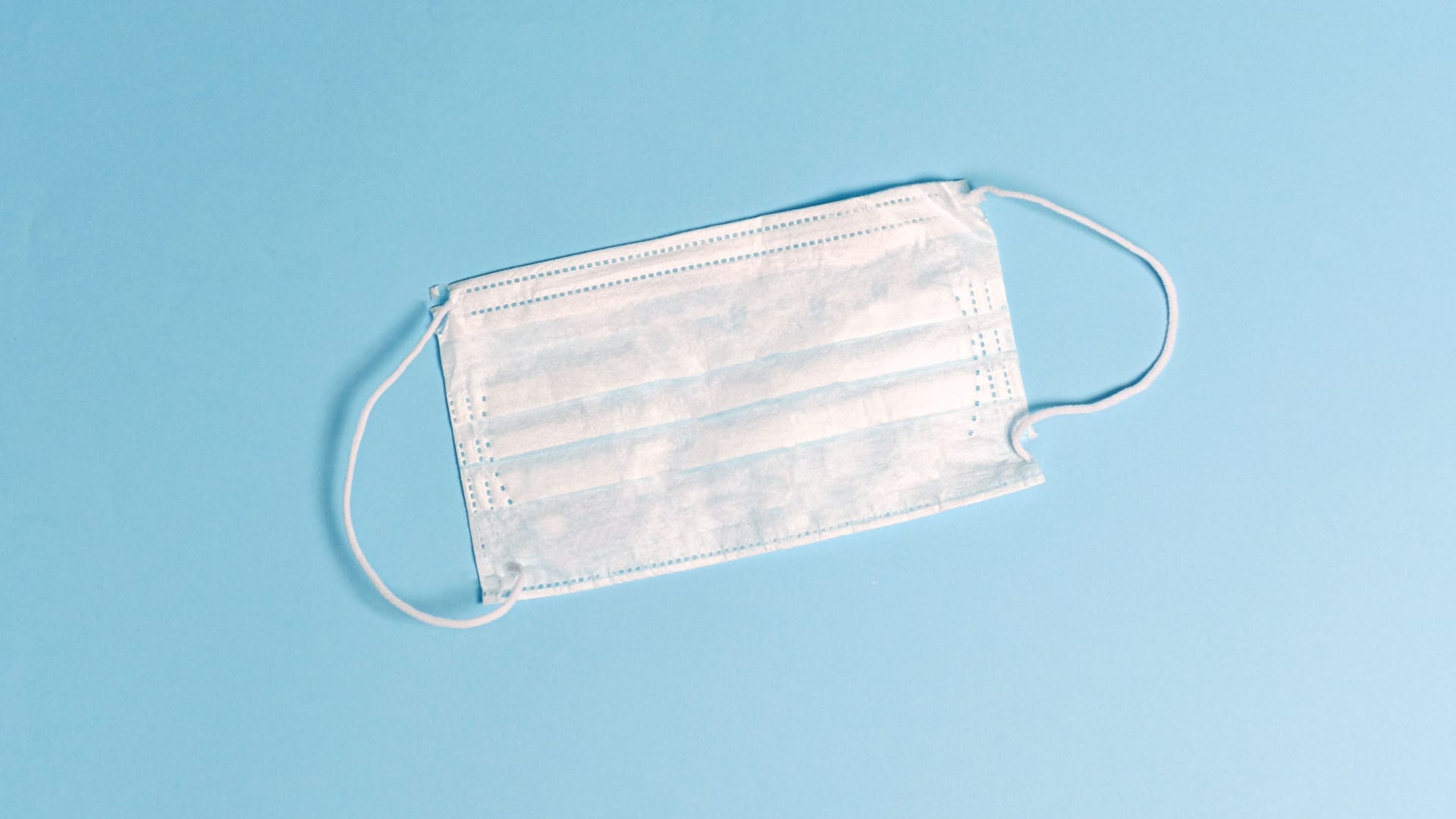
(As appeared in the Hamilton Spectator March 7, 2020)
Jeanne Mayo
We are all worried about our health and the health of our loved ones. However, the COVID-19 pandemic poses an increased risk for older adults.
We spend our adult years teaching and making sure that our children are safe. We want to protect them for their sake and for ours, out of love and also knowing that if an accident ever befell them, we would be burdened with the extra care we would have to give.
Now, especially at this time of COVID-19 crisis, the roles are reversed. Our children are telling us to be safe, to stay indoors, not to go out. Of course, all our government leaders are saying the same thing but because older adults are a more vulnerable population, even more restrictions are being placed on us.
This is especially difficult to accept when we see others going to the grocery store, for instance— we want to do the same. When our children, or other relatives or friends offer to shop for us, our first impulse is to say that we can do it ourselves.
It is hard to be in a position of dependence. Even though individually we might not feel vulnerable, as an older adult we must accept that we are in a category of higher risk. Instead of reverting back to our impulse of saying ‘I can do it myself’, we would be wise to graciously accept offers of help.
It can be even more difficult to seek out help, if the help we need is not readily available. Our reluctance is normal. For those of us who live more solitary lives, either by choice or circumstance, we must overcome the impulse not to bother others and call for assistance. It is understandable not to want to knock on a neighbour’s door, especially if you have not had much contact. Other alternatives are also available.
If you have access to the internet, hamilton.ca/covid-19 is a good site to get up to date information. You can also telephone the COVID-19 hotline at 905-974-9848, press 1 to ask general questions. or send questions to phscovid19@hamilton.ca. Cable 14 has continual programming related to this issue. If you fear that you might have COVID-19 you can call the CITY information hotline at 905-546-2424 ext 7970.
If you have a health concern, most family doctors are available for virtual appointments by telephone or through the internet. You can ask health questions to a nurse at TELE Health 1.866.797.000. Most pharmacies will deliver your prescriptions and other products to your door.
Many local community services agencies remain open and are adapting the ways to offer programs and services. While essential services, such as personal support care, HSR buses, DARTS transit and Meals on Wheels continue to operate with increased precautions, other services are being offered by telephone or virtually. Please visit the Hamilton Council on Aging website (www.coahamilton.ca) for a list of relevant local services and how to connect with them. As always, Ontario 211 remains available to all residents 24 hours a day, 7 days a week, in over 150 languages. To speak with a live agent about where to go for help in your community, dial ‘211’ on your telephone or visit 211.ca
In addition, many businesses are adapting the ways in which they operate in the midst of COVID-19. Essential services, including banks continue to operate on reduced hours. Some stores such as Walmart, Sobeys, and Shoppers Drug Mart are reserving special shopping hours for seniors. Other businesses such as Canadian Tire and many small local businesses, along with restaurants are offering pay and pick-up/delivery shopping services.
Now is a time that we also might consider shopping online for essential items through outlets such as Amazon.ca. Locally, Metro (Metro.ca), Longo’s (Grocerygateway.ca) and Instacart (instacart.ca) all provide online grocery shopping and delivery services for a nominal fee. Other grocery stores including Walmart (Walmart.ca) and Fortinos (Fortinos.ca) provide an online shopping and pick-up service. Many of these services offer special discounts and promotions including free delivery for first time users.
In these challenging times, it is important not to neglect the importance maintaining social connections. While we have been advised to maintain physical distancing, we can still connect with family and friends by telephone and virtually. The City of Hamilton has expanded its ‘Seniors’ Centre Without Walls’ program to include a full schedule of activities – 5 days a week, from Trivia to Family Feud to Chair Yoga. Participation is free and is as simple as just picking up your telephone and calling 905-973-0891. We also invite those who have access to Facebook to join our ‘Do You Know Your Neighbour?’ group to connect with us and people of all ages: .facebook.com/groups/DYKYN/.
Health scientists have determined that older adults are at a higher risk to become infected by COVID 19 and to develop more severe health problems than other age groups. Therefore, we
must practice physical distance and stay home, except for short walks outside. This way, we become part of the solution and not part of the problem.
Jeanne Mayo is a member of the Hamilton Council on Aging Education and Advocacy Committee. For more information or to donate to the Hamilton Council on Aging please see https://coahamilton.ca
